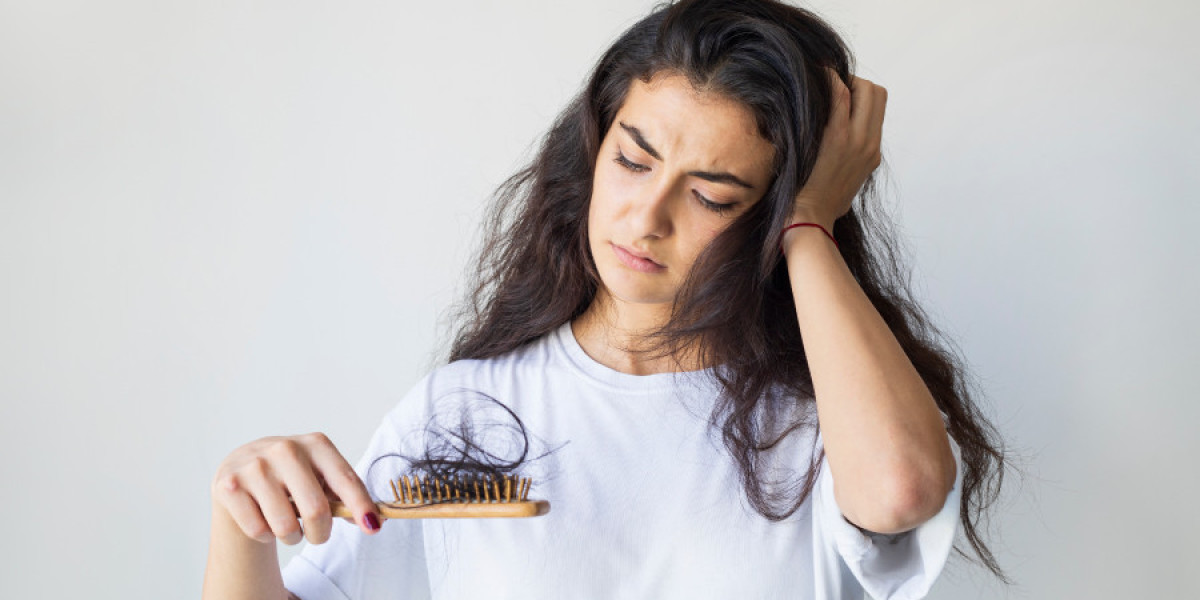Weight Loss and Hair Loss: Two Sides of the Same Coin?
Our bodies often send us messages through various indicators and signals. Two such indicators that often raise alarm are losing weight and losing hair. But are these two phenomena linked? And more importantly, can losing hair be a sign of something serious? Investigating the complex relationship between these two aspects reveals valuable insights into our overall health and well-being.
Understand Hair Loss
Losing hair, medically known as alopecia, can indeed be a symptom of a serious underlying condition. While it’s normal to shed a few strands of hair daily, excessive hair loss can be a cause for worry. Conditions such as thyroid disease, anemia, protein deficiency, and low vitamin levels may cause hair loss. In some cases, hair loss can also be a side effect of certain medications. Understanding the root cause of hair loss is essential for effective intervention and management of this common concern.
The Connection Between Hair Loss and Weight Loss
So, how does losing weight relate to the picture? Rapid, significant weight loss can lead to a type of hair loss called telogen effluvium. This occurs when more hairs than usual move into the shedding phase of the hair growth lifecycle. This can be triggered by sudden weight loss, especially if associated with crash dieting or an eating disorder. Exploring the interplay between weight loss and hair loss sheds light on the importance of a holistic approach to health.
Can Losing Hair Be Reversed?
The good news is that in many cases, hair loss can be reversed. If the hair loss is due to nutritional deficiencies, rectifying these through a balanced diet can help. Similarly, if medication is the culprit, speak to your doctor about alternative treatments. In the case of hair loss due to weight loss, once the body adjusts to the weight change, hair growth typically resumes. Recognizing the potential for reversal provides hope for individuals facing the distressing effects of hair loss.
The Role of Diet in Hair Health
A well-balanced diet plays a vital role in maintaining hair health. Nutrients like protein, iron, zinc, and vitamins A, C, D, and E are essential for hair growth. A deficiency in any of these nutrients can lead to hair loss. Therefore, incorporating a variety of nutrient-rich foods in your diet can help prevent hair loss. Nurturing your body with the right nutrients becomes a proactive step in promoting vibrant and resilient hair.
Stress, Losing Hair, and Losing Weight
Stress is another factor that can cause both hair loss and weight loss. Chronic stress can alter the hair growth cycle, causing hair loss. It can also lead to changes in eating habits, resulting in weight loss. Therefore, managing stress through techniques like meditation, yoga, and deep breathing can help control both hair loss and weight loss. Recognizing the intricate relationship between stress, hair health, and body weight emphasizes the importance of holistic well-being.
Conclusion
In conclusion, while hair loss and weight loss can be interconnected, they are not always two sides of the same coin. It’s crucial to listen to your body and seek medical advice if you notice any significant changes. Remember, early detection is key in managing most health conditions effectively. Embracing a comprehensive approach to health empowers individuals to address the root causes of these concerns and embark on a journey toward optimal well-being.








